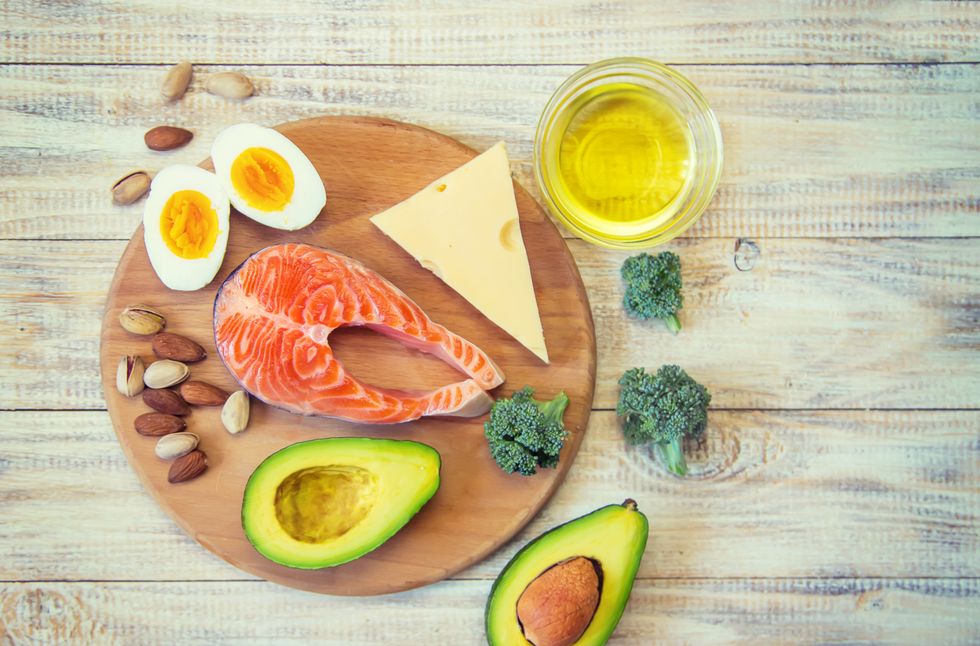Weight loss: How many calories to cut every day to lose one stone in three months

How many calories to cut every day to lose one stone in three months
|GETTY

Reducing how many calories you eat is a good step for weight loss
Don't Miss
Most Read
Latest
Eating less and moving more is a proven way to lose weight. This can be achieved by entering into a calorie deficit.
Speaking to GB News, a dietician explained how many calories to cut every day to lose weight.
Reducing how many calories you eat will inevitably lead to weight loss, but it is important not to go into an extreme deficit.
Cutting too many calories too quickly can be difficult to sustain and slimmers may risk undereating.
Instead, dropping around 250 to 500 calories a day can be a healthy and obtainable way to slim down.
By doing this, dieters could drop around four pounds per month, registered dietician at MyFitnessPal Joanna Gregg explained.
She told GB News: "In order to achieve weight loss during any stage of life a reduction in calories or calorie deficit is required.
"Aiming for a 500 calorie per day reduction in calories will result in an average of about one pound per week.
"If that is too much of a deficit, 250 calories per day results in about half a pound per week."
Tracking apps, such as MyFitnessPal, have "resources to help you find an appropriate daily caloric intake to reach your goals".
Many dieters may not know how many calories they usually consume, so tracking a few typical days of eating can help them determine this.
Those who are overeating can then cut this number by around 250 to 500 calories a day for weight loss results. Cutting calories isn't just about what you eat, either. Adding more exercise to your routine will help create a calorie deficit.
This is a good way to lose weight at any age and can also benefit women around perimenopause.
LATEST DEVELOPMENTS
 High-protein foods are good for weight loss | GETTY
High-protein foods are good for weight loss | GETTYAn expert shared three food groups are particularly good for women trying to lose weight at this stage of life.
They advised eating whole foods high in protein, healthy fats and fibre as these can keep cravings at bay and promote weight loss.
She said: "Weight loss can become cumbersome during menopause because of hormonal changes, notably reduced estrogen, which can make one's metabolic rate very slow and result in more body fat, particularly in the midsection.
"I recommend a diet full of lean proteins, good fats and fibre-rich foods that provide satiation and satisfaction but still give fuel."










